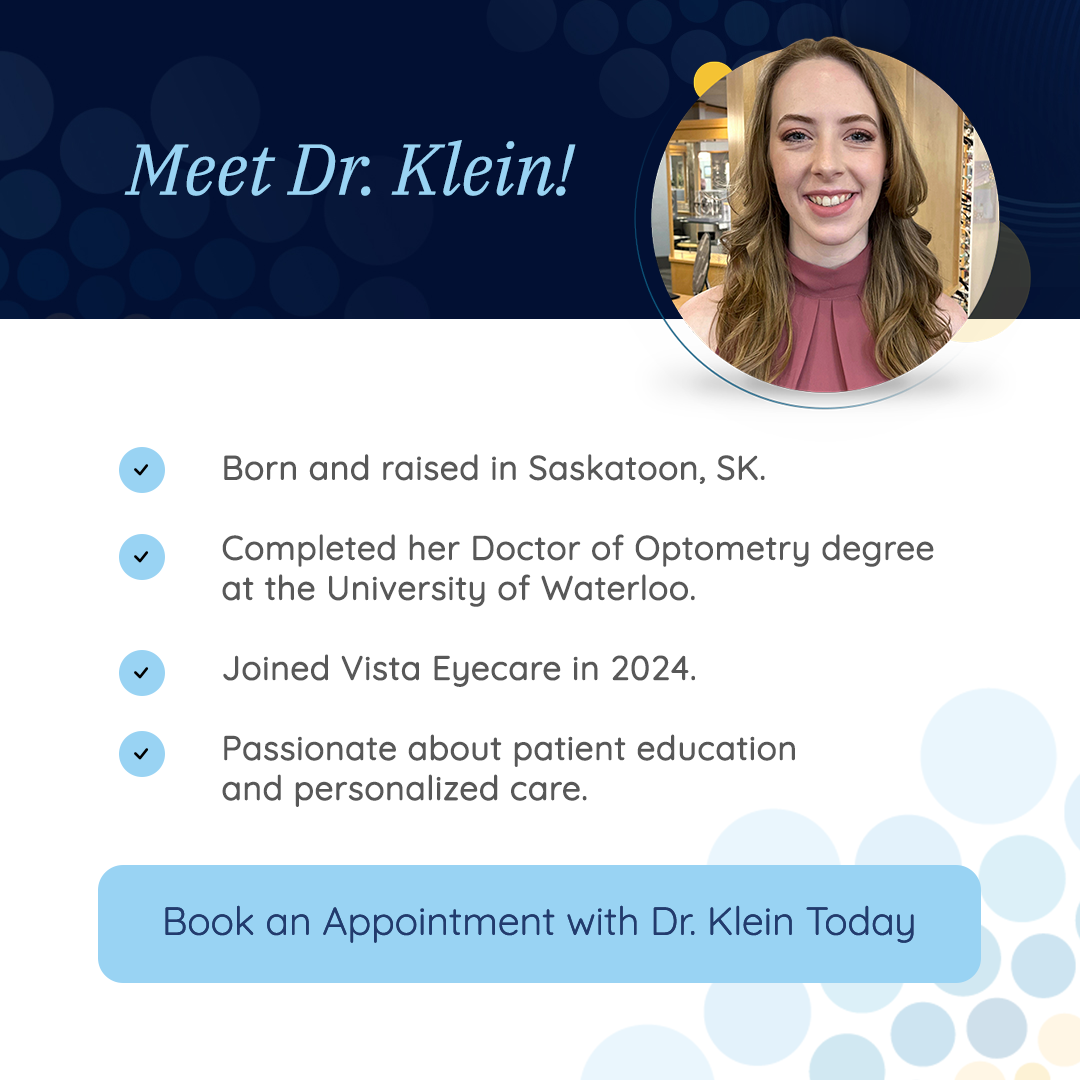
Eye exams are important for managing eye health, from children to adults and seniors. Every eye exam is personalized based on your age and any existing eye health risks you may have.
Just like taking your car to a mechanic, or getting your home inspected, preventative maintenance and care can help keep your eyes functioning at their best.
Eye exams help us identify problems (even if they aren’t yet showing symptoms). If we detect any issues in your exam, we can develop comprehensive solutions and treatment plans to help preserve your sight.
WHY ARE EYE EXAMS IMPORTANT?
Eye exams are the key entry point to managing your eye health. A comprehensive eye exam includes much more than reading letters off a chart—though we also do that. Our experienced eye doctors and diagnostic technology come together to make eye exams as personalized and comprehensive as possible.
WHEN SHOULD CHILDREN HAVE EYE EXAMS?
The Canadian Association of Optometrists recommends different eye exam frequencies for specific age groups.
Newborns should have their first eye exam between 6–9 months of age. During a newborn eye exam, we check on your baby’s fundamental visual skills, like eye tracking, to monitor their growth and development.
Small children should visit us for at least one eye exam between 2–5 years of age. As your child’s eyes develop, we check for signs of eye conditions like amblyopia (lazy eye) or strabismus (crossed eyes) that can cause further visual difficulties later in life.
Children between the ages of 6–19 should visit us at least once a year, as often when children have eye problems they don’t show any symptoms. These ages are when refractive errors like nearsightedness, farsightedness, and astigmatism can develop, which can cause blurry vision.
Children’s eye exams are essential to your child’s ongoing overall healthcare as they grow. If we discover potential eye health issues, we can recommend personalized treatments like myopia control to help preserve your child’s vision.
WHEN SHOULD ADULTS VISIT THEIR EYE DOCTOR?
The Canadian Association of Optometrists recommends adults between the ages of 20–39 have an eye exam every 2–3 years, and ages 40–64 have an exam every 2 years. If you wear contact lenses or are living with diabetes or other health conditions it is recommended that you have a yearly eye exam.
During a comprehensive adult eye exam, we can conduct several tests to check on your vision and eye health. These tests include:
Visual acuity testing—measures your ability to see objects at different distances and helps us determine your prescription for glasses or contact lenses.
Visual field testing—measures how much you can see in your peripheral vision using innovative technology like the Humphrey Visual Field Analyzer and FDT Visual Fields.
Digital retinal imaging—examines the back of your eye using high-resolution cameras to help diagnose issues with the retina that could lead to eye diseases.
Eye exams are our way of checking on your vision and eye health. Whether it’s updating your prescription or diagnosing eye diseases, we personalize your eye exam to your specific needs with attention to detail and thorough care.
WHEN SHOULD SENIORS BOOK AN EYE EXAM?
Senior eye exams focus on managing eye disease risk. The risk of eye disease increases with age. With retinal imaging, tonometry, OCT testing, and more, we can effectively assess senior’s eye health and check for signs of eye health changes like:
The Canadian Association of Optometrists recommends seniors aged 65 and older book an eye exam every year. A yearly eye exam is crucial to providing seniors with peace of mind and helping maintain their vision so they can continue enjoying the moments that matter in life.
WHAT HAPPENS DURING AN EYE EXAM?
Our team is here to help your entire family manage their eye health and vision needs. With experience, technology, and passion, we’re committed to taking care of more than just your next pair of glasses. With comprehensive eye health evaluations, our goal is to help you see clearly and comfortably for life.
We believe effective eye care begins with getting to know each and every patient on a personal level. Book your appointment with us today to discover what thorough and friendly eye care is all about.





